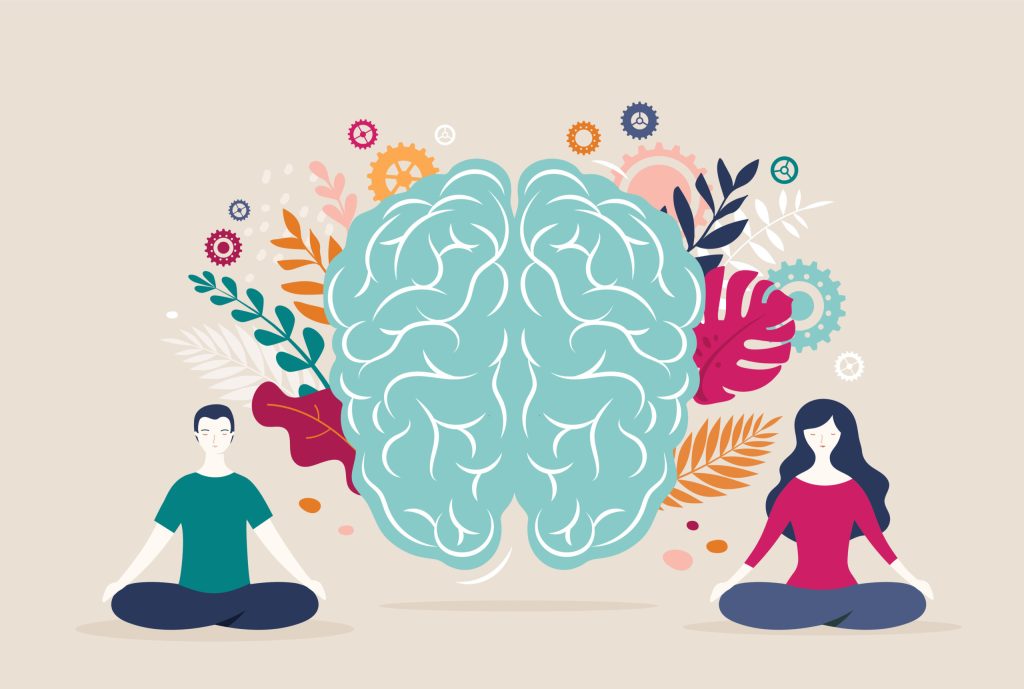Compassionate Expertise – The Essence of Pain Management Services
Pain is a universal human experience, affecting millions worldwide in various forms and degrees. While it often serves as a signal of underlying health issues, chronic pain can significantly diminish one’s quality of life. In the realm of healthcare, pain management services stand as a beacon of hope, offering relief and comfort to those grappling with its burdensome grip. At the heart of effective pain management lies the fusion of compassionate care and clinical expertise, a symbiotic relationship that empowers patients to navigate their journey toward wellness. Compassion forms the cornerstone of exemplary pain management services. Beyond the physical manifestations, pain often carries emotional and psychological weight, leaving individuals feeling vulnerable and isolated. Compassionate care acknowledges this holistic aspect of pain, recognizing the person behind the symptoms. It involves active listening, empathy, and a genuine desire to alleviate suffering, fostering trust and rapport between patients and healthcare providers. In the realm of pain management, expertise is indispensable. Pain is a complex phenomenon, influenced by a myriad of factors ranging from physiological to psychosocial.
A skilled pain management specialist possesses a deep understanding of these intricacies, utilizing evidence-based practices to tailor interventions to individual needs. From pharmacological treatments to interventional procedures and complementary therapies, expertise guides the selection and implementation of the most suitable approaches, maximizing efficacy while minimizing risks. The integration of compassion and expertise in pain management services yields multifaceted benefits. Firstly, it cultivates a therapeutic alliance built on mutual respect and understanding. Patients feel valued and supported, fostering a sense of empowerment in their healing journey. Secondly, it enhances treatment outcomes by addressing the multidimensional nature of pain comprehensively. Rather than merely alleviating symptoms, compassionate expertise targets underlying causes and promotes holistic well-being and read more. Moreover, compassionate expertise fosters resilience in the face of pain’s challenges. Chronic pain can evoke feelings of hopelessness and despair, eroding one’s sense of agency. However, through compassionate care and expert guidance, individuals develop coping strategies and adaptive mechanisms, reclaiming control over their lives.
Whether through mindfulness practices, cognitive-behavioral techniques, or social support networks, patients are equipped with the tools to navigate adversity with resilience and grace. Furthermore, the integration of compassionate expertise extends beyond the clinical setting, permeating healthcare systems and communities. By fostering a culture of empathy and knowledge-sharing, pain management services become more accessible and inclusive. Patients from diverse backgrounds receive culturally sensitive care, while healthcare professionals collaborate synergistically to advance best practices and innovation. In essence, compassionate expertise epitomizes the essence of pain management services, embodying the principles of dignity, empowerment, and healing. It transcends the mere alleviation of pain, embracing the whole person within a supportive framework of care. As we navigate the complexities of pain, may we continue to uphold these principles, honoring the inherent worth and resilience of every individual on their journey toward wellness. Pain management services are a vital component of healthcare, offering solace and relief to those grappling with its burdens. By combining compassion with expertise, healthcare providers can create a supportive environment that empowers patients to reclaim control over their lives.



